Description
WHY BUY CORNISH CHICKENS FROM ALPHA AGVENTURE FARMS?
Our prices may appear higher than those of other breeder farms, but this reflects the unmatched care, quality, and expertise that we invest in every Cornish bird. When you choose us, you’re securing healthier, more robust chickens that will elevate your farm’s success. Settling for anything less than excellence would be a missed opportunity, and we are here to raise the bar for poultry farming. Here’s why our Cornish chickens are the ideal choice for your farm:
1. Pre-Delivery Health Care
We ensure that our Cornish chickens are in the best possible condition before they arrive at your farm. Birds aged 3 months and older undergo thorough delousing with a specialized shampoo, two rounds of deworming, and bacterial flushing. They are also revaccinated for Newcastle Disease. Additionally, they receive a seven-day course of Aviotix, a premium blend of prebiotics, probiotics, and phytobiotics, to support their gut health and overall well-being.
2. Egg Selection Program
Each egg we incubate is meticulously selected to ensure the best possible outcome. We evaluate the eggs for size, cleanliness, shell integrity, and texture. Only those that meet our high standards are chosen for incubation, ensuring that the chicks we raise are healthy and strong.
3. Breeder Selection Program
Our breeder selection process is based on the birds’ overall health and performance. We carefully monitor the growth of the chicks during their first 20 weeks, intervening when necessary. Any bird that falls behind by 10% or more in weight is given additional support. This careful attention to detail ensures that we only retain the healthiest and most productive breeders.
4. Vaccination Program
Protecting the health of your flock is our priority. Our Cornish chickens are fully vaccinated before leaving our farm. They receive vaccines for Newcastle Disease, Infectious Bronchitis, Fowl Pox, and Coryza, ensuring they are well-prepared to thrive once they reach your farm.
5. Feeding Program
From day one, we provide our Cornish chickens with a balanced, nutrient-rich diet. We use premium feed blends that are tailored to their growth stage and purpose, ensuring they develop into strong and healthy birds that will perform well in your farming operation.
6. After-Sales Support
Our commitment to your success doesn’t stop when you receive your birds. We offer comprehensive after-sales support, including advice on housing, feeding, brooding, and vaccination schedules. If you ever need assistance or have questions, we’re always just a message away.
7. Traceability and Transparency
We take pride in our transparency. Every Cornish chicken is tracked from hatching through to delivery, with detailed records of their health, vaccinations, and feeding. This ensures that you can trust the quality of the birds we provide and have full visibility into their care.
8. Sustainability Practices
Choosing our Cornish chickens means supporting sustainable farming. We implement eco-friendly practices that benefit both your farm and the environment, ensuring that your investment contributes to a more sustainable future.
9. Exclusive Insights and Resources
As a valued customer, you gain access to exclusive resources that will help you succeed. Our pre-recorded Chicken Farming Seminar offers expert insights and best practices for raising poultry, ensuring you have all the knowledge you need for optimal results.
10. Personalized Customer Care
We understand that every farm has unique needs. Our farming consultancy service is designed to provide you with personalized advice and strategies that are tailored to your specific goals. We’re here to support you every step of the way to ensure your Cornish chickens thrive on your farm.
By choosing Alpha Agventure Farms, you’re investing in Cornish chickens that are strong, healthy, and equipped to help your farm achieve lasting success.
BUY STANDARD-BRED CORNISH CHICKENS FOR SALE
If you’re looking to buy standard-bred Cornish chickens, Alpha Agventure Farms offers an excellent choice. Our chickens are renowned for their superior meat quality, excellent feed conversion rates, and consistent performance, thanks to our careful breeding processes. We ensure that each Cornish chicken for sale meets the highest standards, providing you with birds that excel in growth and meat yield, ideal for both commercial and small-scale operations.
At Alpha Agventure Farms, we prioritize the quality of our Cornish breeders through a comprehensive set of programs. These include our Housing Program, Breeder Selection Program, Egg Selection Program, Incubation Program, Brooding Program, Feeding Program, Immunization Program, Growing Program, and Disease Management Program. Each program is designed to ensure our birds are healthy, well-nourished, and capable of delivering excellent results with maximum efficiency.
Our commitment to health extends to our vaccination protocols. Our Cornish chickens receive vaccinations against Newcastle Disease, Infectious Bronchitis, Gumboro Disease, Fowl Pox, and Infectious Coryza. This rigorous health management helps us maintain the superior quality of our standard-bred Cornish chickens for sale, ensuring you get chickens that are not only robust but also productive. Choose our Standard Cornish and experience the exceptional quality and care we provide, making them the perfect choice for those seeking reliable and high-yielding poultry.
HISTORY OF THE STANDARD-BRED CORNISH CHICKEN
The standard-bred Cornish breed traces its roots back to Cornwall, England, in the 19th century. The breed was developed to enhance meat quality and growth rates by crossbreeding local game birds with other poultry. Early efforts focused on creating a robust bird capable of producing high-quality meat efficiently.
Characteristics and Features
Cornish chickens are known for their muscular, broad bodies and strong legs, which contribute to their excellent meat production. They typically have red or white plumage, with a short, stocky build that supports their rapid growth. Their physical attributes are ideal for commercial meat production, as they grow quickly and reach market weight efficiently.
Rise to Popularity
By the early 20th century, Cornish chickens had gained significant popularity in the poultry industry. Their superior meat quality and efficient growth rates made them a favorite among poultry farmers. This breed’s adaptability to different management practices and environments helped cement its place as a cornerstone in broiler production.
Influence on Modern Breeding
The standard-bred Cornish has significantly influenced modern broiler breeds, particularly through its role in developing the Cornish Cross. The Cornish Cross, a hybrid of the standard-bred Cornish and other breeds, has become the dominant broiler type in commercial poultry farming due to its exceptional growth and meat yield. The genetics of the Cornish continue to be crucial in breeding programs aimed at improving meat production efficiency.
Breeding and Management
Breeding programs for Cornish focus on enhancing their desirable traits while maintaining their health and resilience. Key aspects of breeding include selecting birds with optimal growth rates, meat quality, and disease resistance. Proper management practices, such as balanced nutrition and suitable housing, are essential to ensure that the birds reach their full potential.
Modern Use and Benefits
Today, standard-bred Cornish chickens are widely used in commercial broiler production, thanks to their proven meat quality and growth performance. They are also appreciated by small-scale farmers and poultry enthusiasts for their historical significance and role in poultry breeding. Their continued use and adaptation demonstrate their enduring value in the poultry industry.
The standard-bred Cornish has a rich history that reflects its significant impact on poultry farming. From its origins in Cornwall to its influence on modern broiler breeds, the breed has played a crucial role in advancing meat production techniques. Its legacy continues through its contributions to the development of efficient, high-quality poultry production systems.
FREQUENTLY ASKED QUESTIONS
Can I use your Standard Cornish as breeders?
Yes, you can. The blood-relatedness between the pullets and cockerel in the package is not less than five levels of consanguinity.
Do you deliver anywhere in the Philippines?
All items are for pick-up only at our designated pickup site in Block 7, Barangay San Manuel, Tarlac City. If unable to pick up, consider hiring an animal transporter. We can assist in finding one if needed. Provide your address and order details for a delivery quote and schedule. Once with the transporter, Standard Cornish chickens are no longer our responsibility.
Can I pick up my Standard Cornish breeders tomorrow if I pay today?
The minimum waiting period is 14 days because we need to delouse, deworm, administer bacterial flushing, and revaccinate your Standard Cornish. It could be longer than 14 days if there are other orders ahead of yours.
Will you teach me how to raise Standard Cornish breeders if I buy from you?
You have the option to register to our Chicken Farming Seminar to learn our chicken-raising practices. Although the featured breed is the Rhode Island Red, you can apply most of the lessons for raising Standard Cornish chickens.
What are the main characteristics of Cornish chickens?
Cornish chickens are known for their muscular build, broad breast, and compact size, making them highly sought after for meat production. They typically weigh between 3 to 4 kilograms and have a short, broad body with strong legs. If you are looking to buy standard-bred Cornish, these chickens are ideal for their rapid growth and excellent meat quality. They are also known for their calm and docile temperament, making them easy to handle and care for.
How do Cornish chickens compare to other meat breeds?
Cornish chickens are one of the top choices for meat production due to their superior muscle development and fast growth rate. Unlike other breeds, they reach market weight in just 8 to 10 weeks, providing a quick turnaround. When you see a Cornish chicken for sale, you can expect a bird that offers excellent feed conversion, resulting in high-quality meat. Their broad breast and tender meat make them a preferred choice for both commercial and backyard meat producers.
What is the best environment for raising Cornish chickens?
Standard-bred Cornish chickens thrive in environments that provide ample space and proper ventilation. Three birds can fit in one square meter in the coop to prevent overcrowding and stress. If you find a Cornish near you, ensure the housing conditions are suitable, with clean bedding, adequate lighting, and fresh water. Additionally, maintaining a stable temperature and humidity level is essential for their health and productivity, especially during their rapid growth phase.
How should I feed Standard-bred Cornish chickens for optimal growth?
For optimal growth, Standard-bred Cornish chickens require a high-protein diet, especially during the first few weeks of life. Starter feeds with 20-24% protein are recommended, transitioning to grower feeds with 18-20% protein as they mature. When you buy Cornish, consider their dietary needs and ensure access to fresh water at all times. Supplementing their diet with essential vitamins and minerals can also support their development and overall health, leading to better meat quality.
Are Cornish chickens suitable for free-ranging?
While standard-bred Cornish chickens can be allowed to free-range, they are not as active as other breeds due to their heavy bodies. They are primarily bred for meat production and may not forage as effectively. When you see Cornish for sale, consider that they are best suited for controlled environments where their nutritional intake can be monitored. Providing a balanced diet and ensuring they have enough space to move around can help maintain their health and well-being.
How do I ensure the health of my Cornish chickens?
Maintaining the health of Cornish chickens requires regular monitoring, proper nutrition, and a clean environment. Providing a balanced diet with the necessary nutrients is crucial for their rapid growth and development. If you find a standard Cornish near you, make sure to check for any signs of illness or distress regularly. Additionally, maintaining proper biosecurity measures, such as quarantining new birds and keeping the coop clean, can help prevent disease and promote overall flock health.
What are the common health issues in Standard-bred Cornish chickens?
Standard-bred Cornish chickens are prone to certain health issues due to their rapid growth and large size. Common problems include leg disorders, heart issues, and obesity. When you buy Standard Cornish, it’s important to provide them with a balanced diet and monitor their weight to prevent these issues. Ensuring they have enough space to move around and encouraging activity can also help reduce the risk of health problems, contributing to their overall well-being.
How do I choose the right Standard-bred Cornish chickens for breeding?
When selecting Cornish chickens for breeding, look for birds with strong, muscular bodies, broad breasts, and good health. Evaluating their genetic lineage and ensuring they come from reputable breeders is crucial. If you come across a Standard-bred Cornish for sale, ask for documentation of their breeding history and any performance records. Selecting birds with desirable traits will help improve the quality of your breeding program and produce offspring with superior meat characteristics.
How much space do Cornish chickens need?
Standard Cornish chickens require sufficient space to accommodate their size and prevent overcrowding. A minimum of 0.3 to 0.4 square meters per bird (3 birds per square meter) is recommended in the coop, with additional space for outdoor runs. When evaluating the price of a Cornish, consider the cost of providing suitable housing and facilities. Proper space allocation helps reduce stress, promotes healthy growth, and leads to better meat quality, making it a worthwhile investment for meat producers.
Can Standard-bred Cornish chickens be kept as pets?
While Cornish chickens are primarily bred for meat production, they can be kept as pets due to their calm and docile nature. If you buy Cornish chickens as pets, it is important to provide them with proper care, including a suitable diet and adequate space. They require regular monitoring for weight-related issues, but their friendly disposition can make them a delightful addition to a backyard flock for those interested in keeping poultry as companions.
What should I look for when buying Cornish chickens?
When buying Standard Cornish chickens, it’s important to consider their health, genetics, and source. Look for birds that are active, alert, and free from any signs of illness. If you find a Cornish for sale, inquire about their lineage and any breeding records. Purchasing from reputable breeders ensures that you are getting high-quality birds with desirable traits. Additionally, consider their housing and dietary requirements to ensure they will thrive in your environment.
How do Cornish chickens handle different climates?
Cornish chickens can adapt to various climates, but they require proper care to ensure their comfort and health. In colder climates, provide well-insulated housing and protection from drafts. In hotter regions, ensure adequate ventilation and access to shade and fresh water. When searching for a Cornish near you, consider the local climate and make necessary adjustments to their housing and care to help them thrive and maintain productivity.
How can I integrate Cornish chickens into an existing flock?
Integrating Cornish chickens into an existing flock requires careful management to minimize stress and aggression. Introduce them gradually, allowing them to become familiar with the other birds from a safe distance. When you buy Cornish chickens for integration, ensure they are healthy and free of disease. Monitor interactions closely, provide adequate space, and establish separate feeding and watering stations to reduce competition and ensure a smooth transition into the flock.
What are the housing requirements for Cornish chickens?
Cornish chickens require sturdy and spacious housing to accommodate their size and prevent stress. Coops should be well-ventilated and provide at least 0.3 to 0.4 square meters per bird, with additional space for outdoor access. When looking for Cornish for sale, consider their housing needs and invest in quality materials to ensure durability and comfort. Properly designed housing can help maintain their health and support their rapid growth.
How do I manage the weight of Cornish chickens?
Managing the weight of Cornish chickens is crucial to prevent health issues related to rapid growth, such as leg problems and heart stress. Provide a balanced diet, monitor their growth, and adjust feed intake as needed. When evaluating the price of standard-bred Cornish chickens, factor in the cost of quality feed and supplements. Ensuring they have enough space to move around and encouraging activity can also help maintain a healthy weight and overall well-being.
How do I handle Cornish chickens for processing?
Handling Cornish chickens for processing requires careful attention to minimize stress and ensure humane treatment. Proper handling techniques, such as supporting their body and avoiding rough movements, are essential. If you find a standard-bred Cornish near you for meat production, ensure that you have the necessary equipment and facilities for processing. Training staff or seeking assistance from experienced professionals can help maintain ethical standards and produce high-quality meat.
How can I ensure the quality of meat from Cornish chickens?
To ensure high-quality meat from Cornish chickens, focus on providing a balanced diet, optimal living conditions, and humane handling practices. Their diet should be rich in protein and nutrients to support muscle development. Regular health checks and maintaining a clean environment are also crucial. When assessing the price of Cornish chickens, consider the investment in their care and management, as these factors contribute to the overall quality and flavor of the meat they produce.
What are the best practices for raising Cornish chicks?
Raising standard-bred Cornish chicks requires careful attention to their nutritional needs, temperature regulation, and space requirements. Provide a high-protein starter feed, maintain a consistent brooder temperature of 32-35°C, and gradually decrease it as they grow. Ensure they have access to clean water and space to move around. When you buy Cornish chicks, factor in the cost of setting up a suitable brooder environment and necessary supplies to support their growth and development.
How do I select the best Cornish chickens for meat production?
Selecting the best Cornish chickens for meat production involves evaluating their physical traits, health, and growth rate. Look for birds with a strong, muscular build, broad breast, and uniform feathering. When searching for standard-bred Cornish for sale, choose reputable breeders who can provide documentation of their breeding stock’s quality and history. Regularly assessing and selecting top-performing birds can help maintain or improve the quality of your meat production program.
What should I consider when determining the price of Cornish chickens?
When determining the price of Cornish chickens, consider factors such as their age, weight, health, and lineage. Birds with superior genetics and proven performance may have a higher price tag but offer better returns in terms of meat quality and growth rate. If you find a standard-bred Cornish breeder near you, compare not only the prices but also the quality of cultural management from different breeders and evaluate the overall value based on their characteristics and potential for production to make an informed purchasing decision.


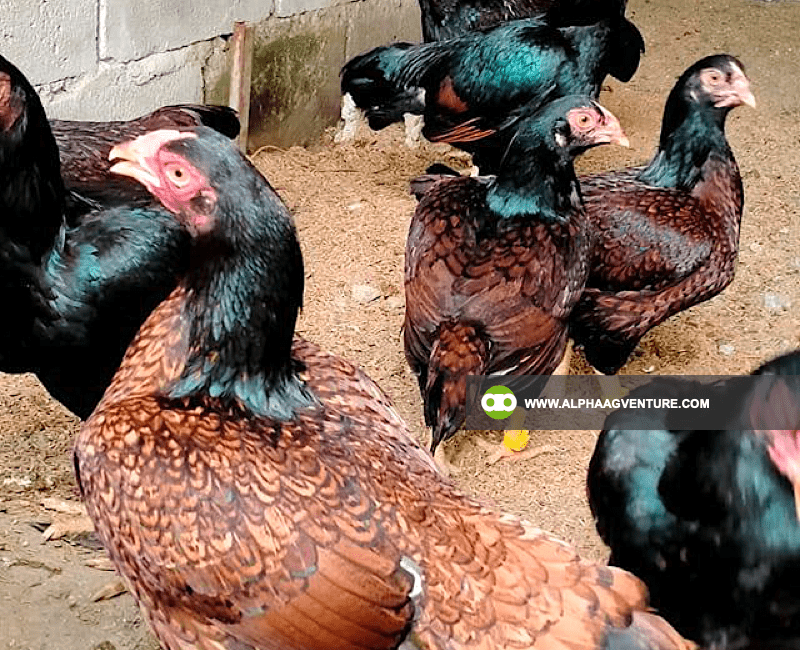

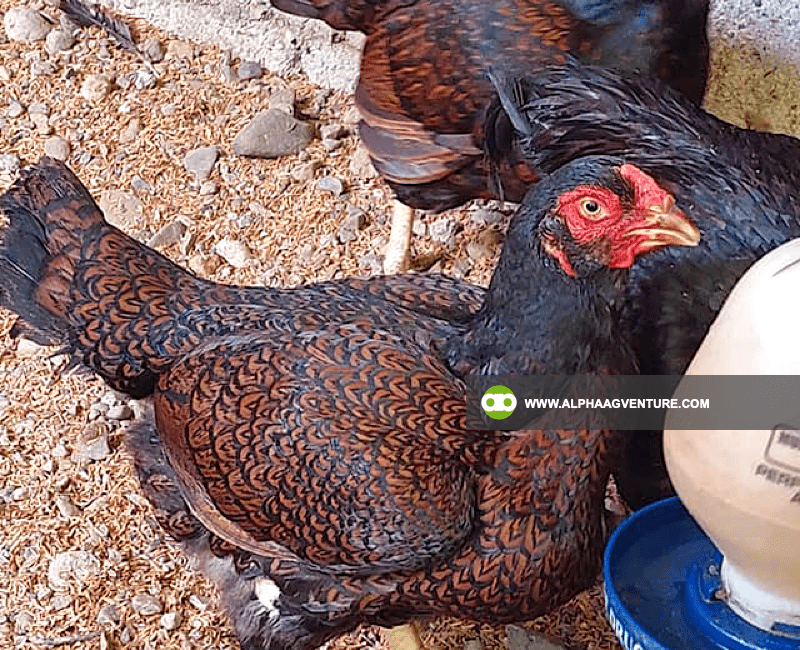
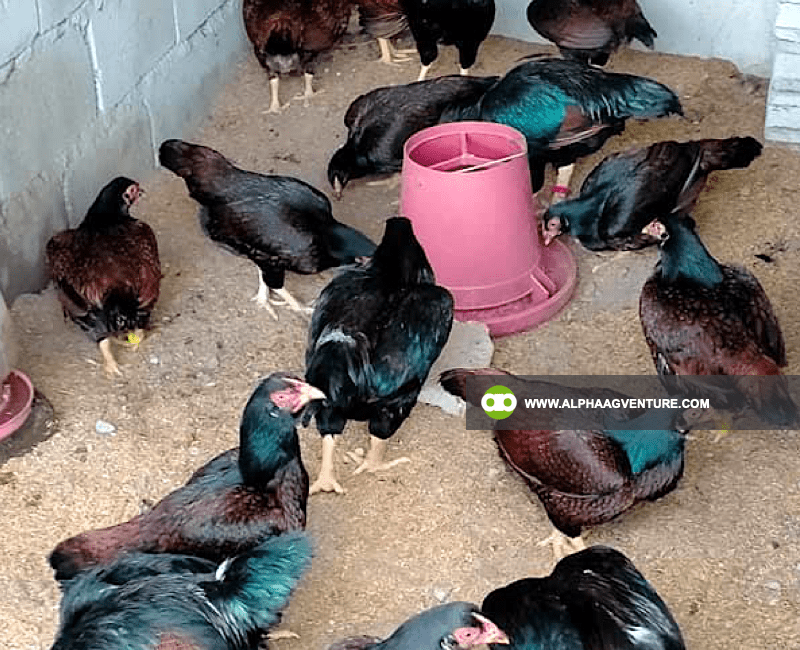
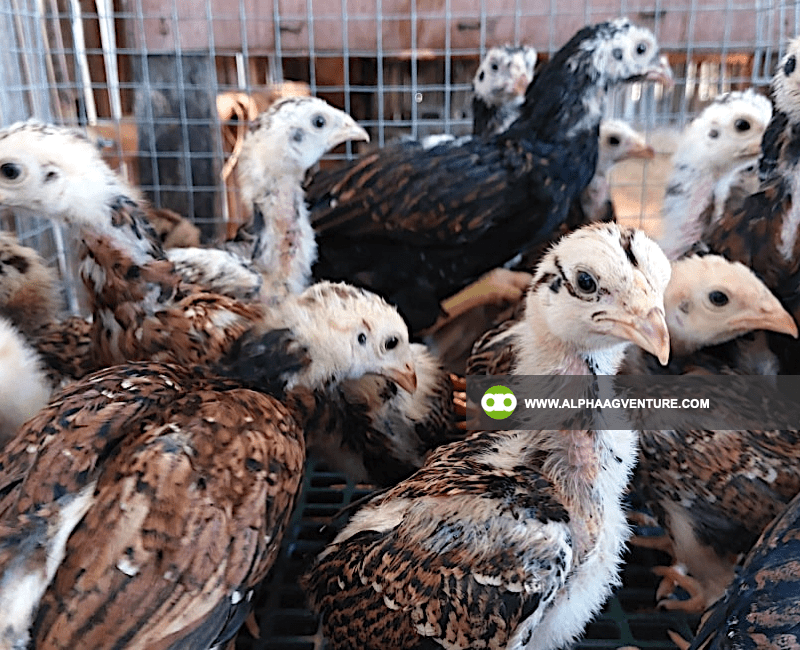
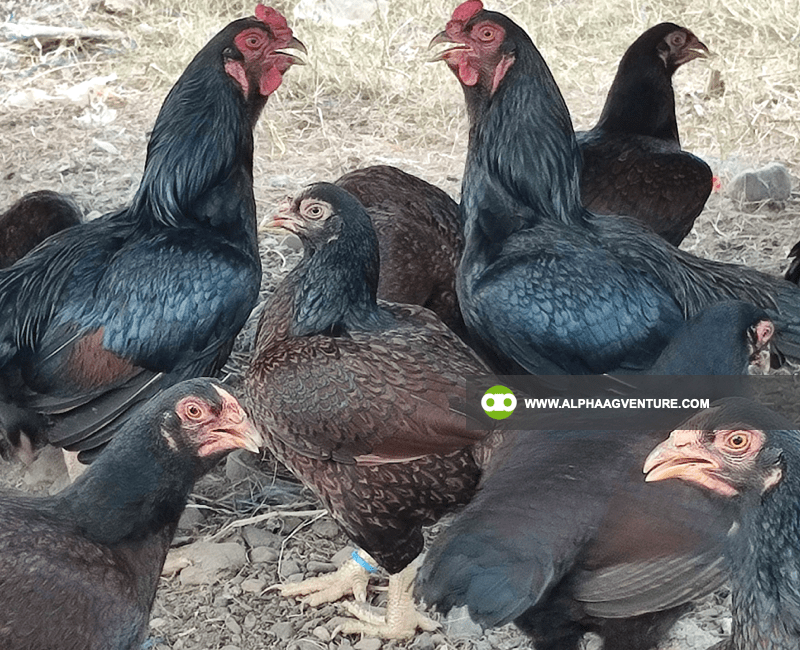
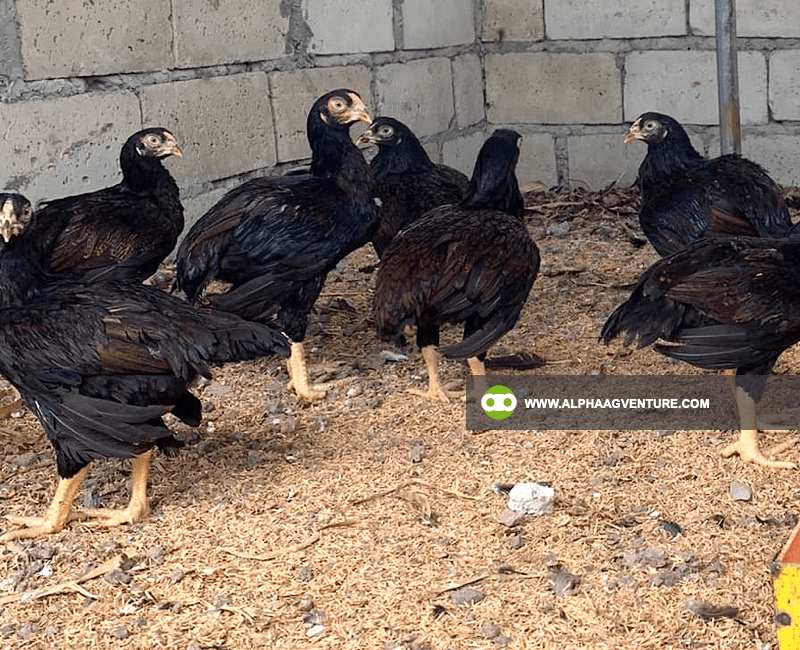
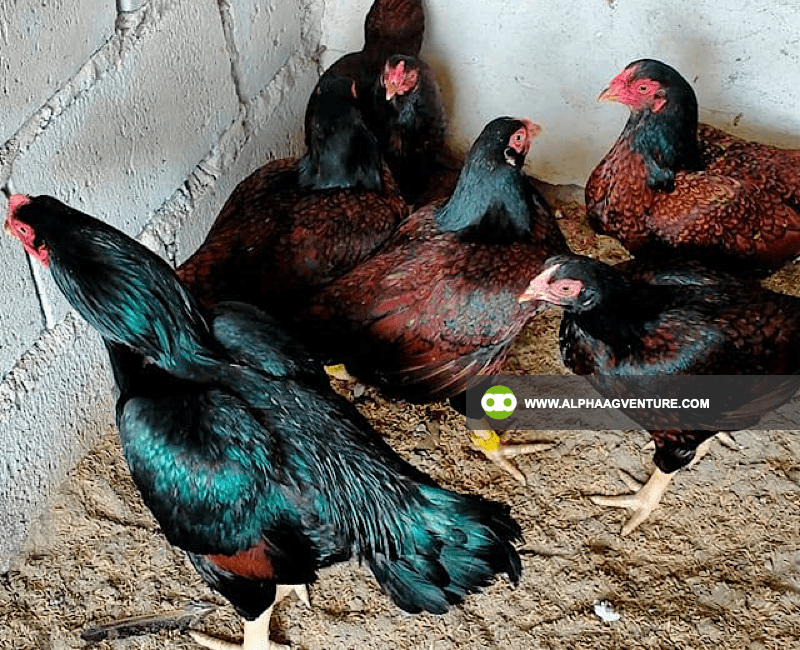


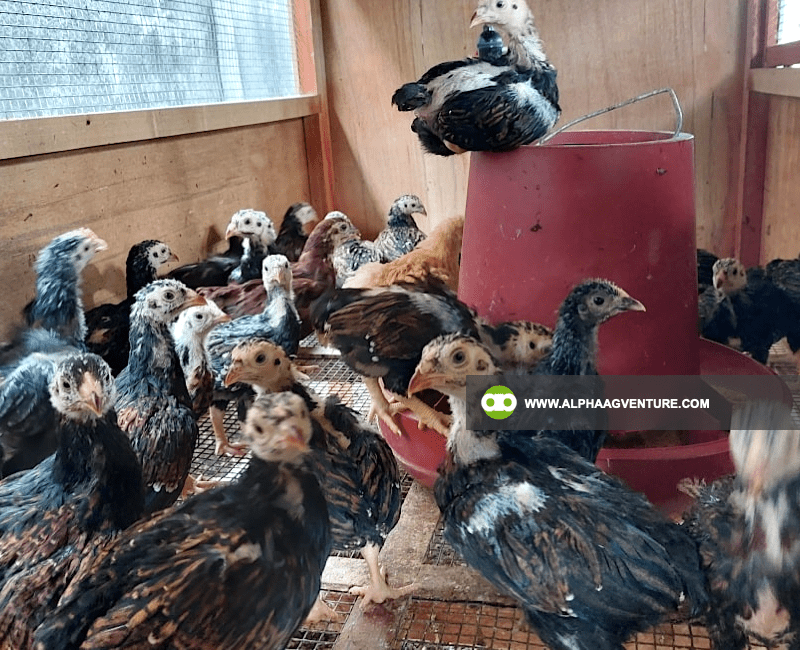
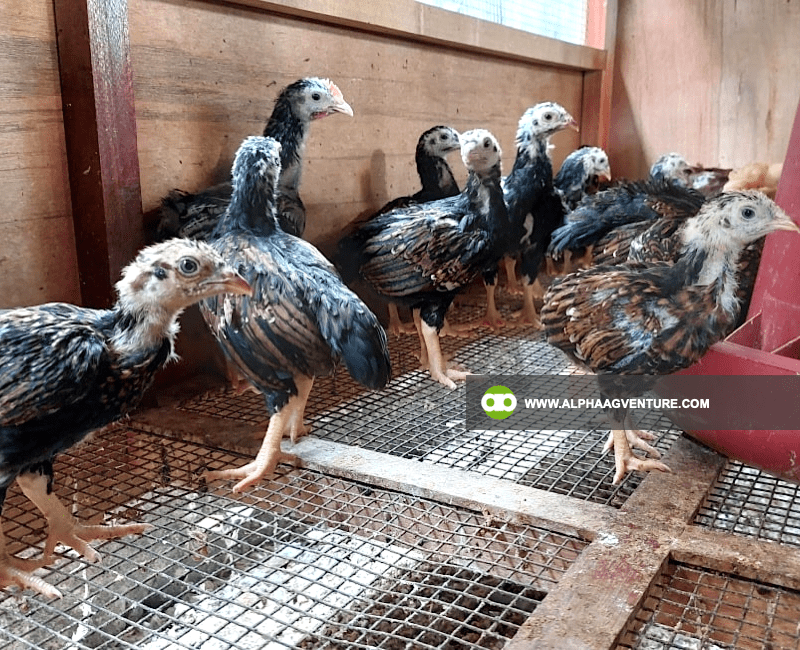
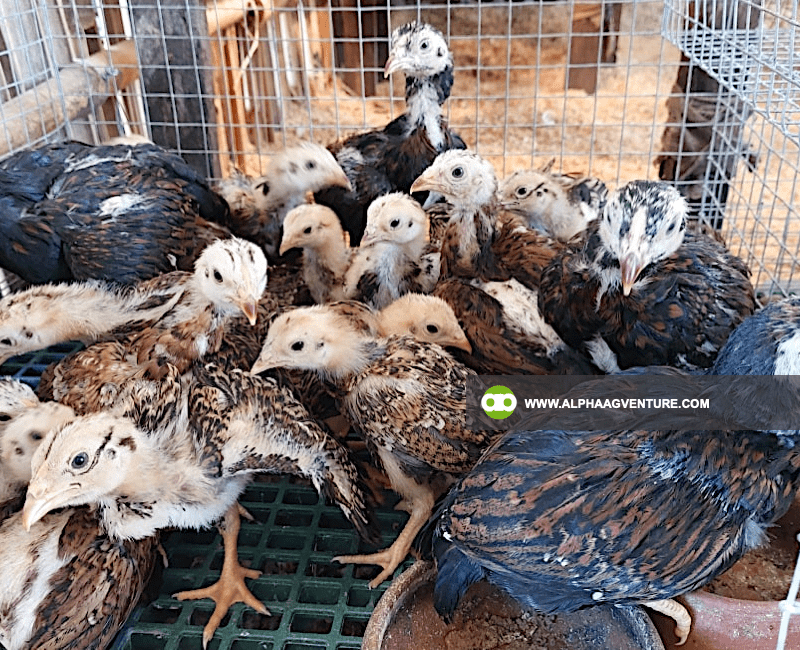
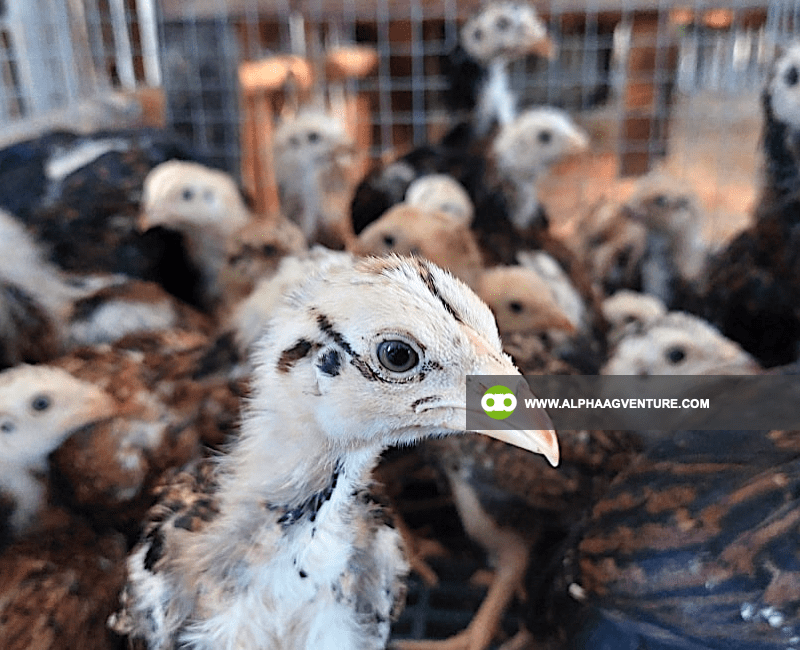
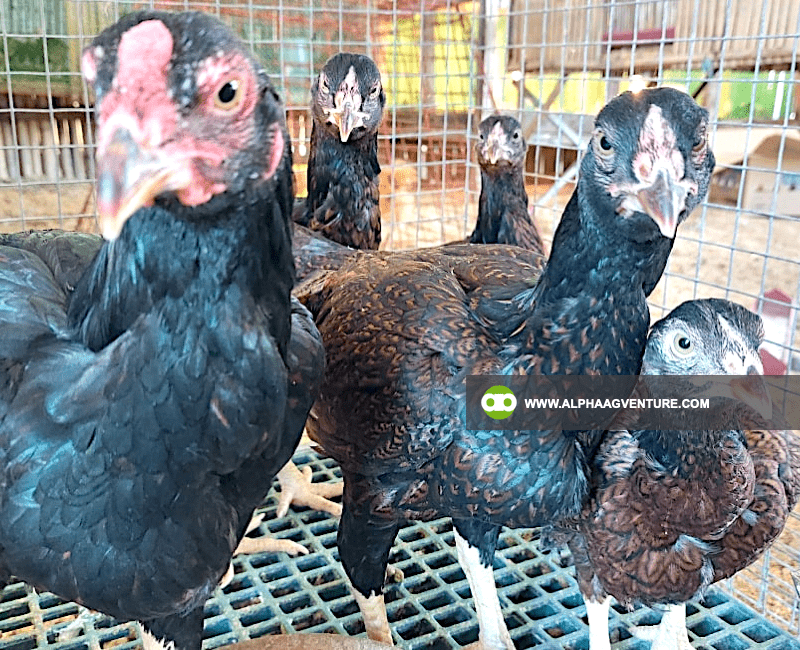
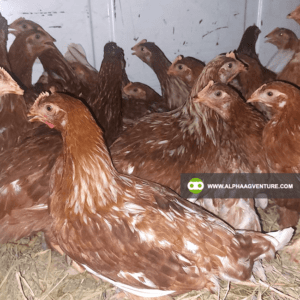
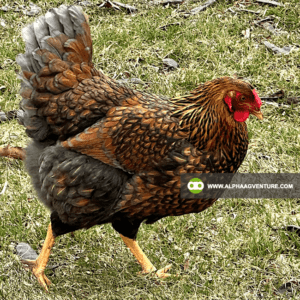
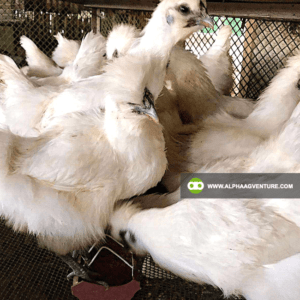

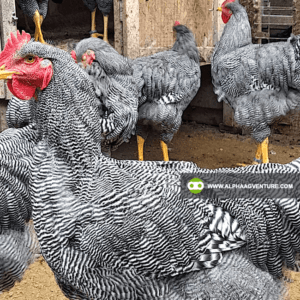
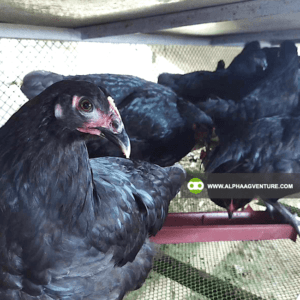
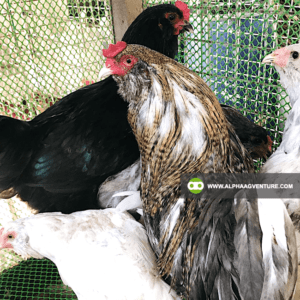
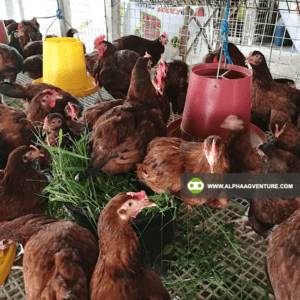
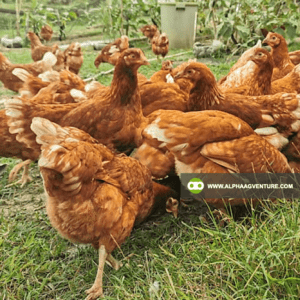
Reviews
There are no reviews yet.